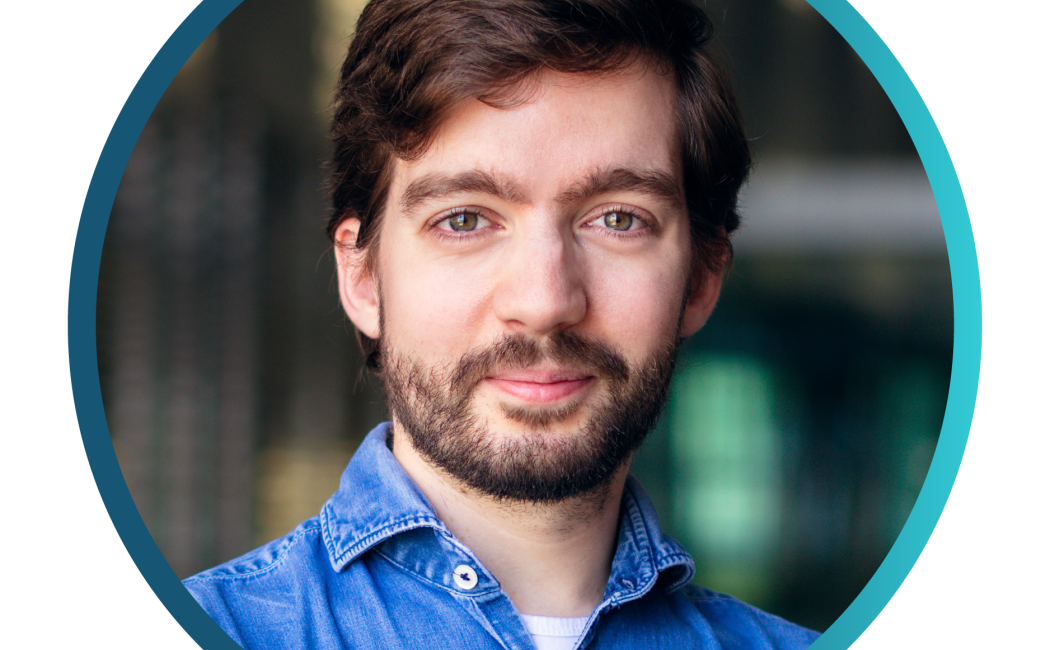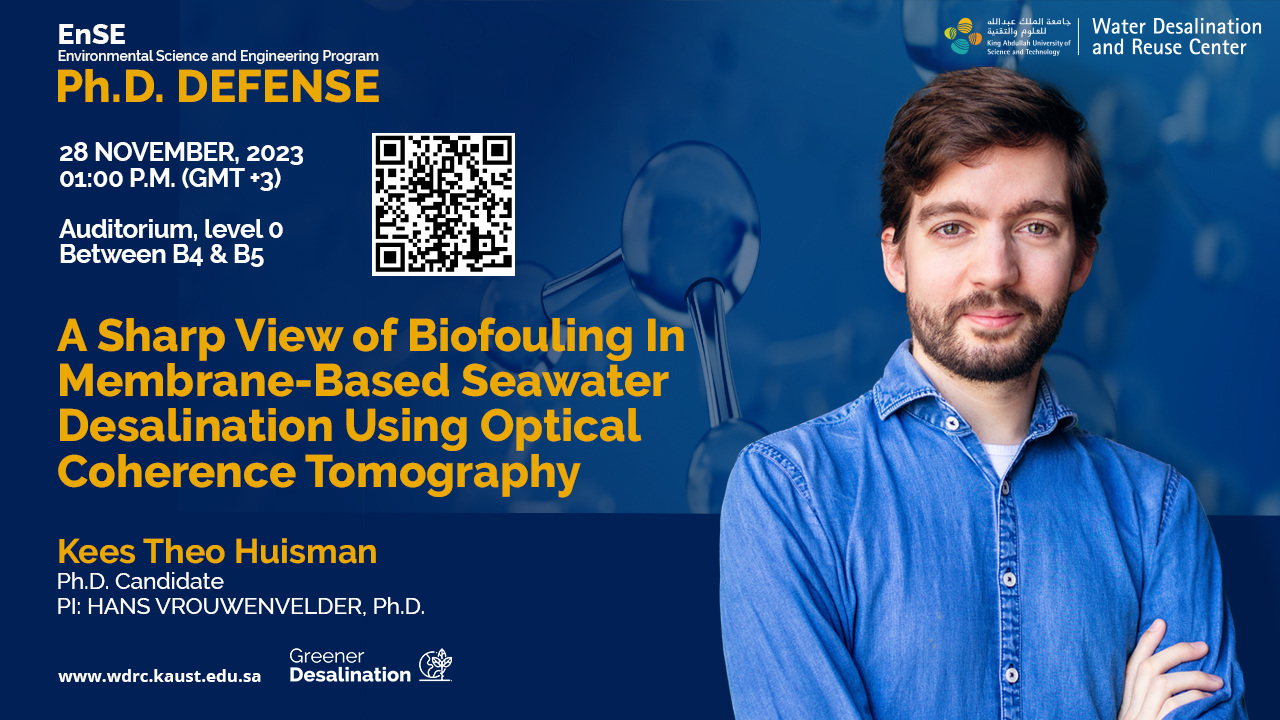



Reverse osmosis and nanofiltration spiral wound membrane elements for water purification are increasingly important to produce clean water because of the rising global freshwater scarcity. The operational performance (feed channel pressure drop, transmembrane pressure, and solute passage) of membrane elements is hindered by biofouling on the membrane and feed spacer.
Biofouling is the result of excessive biofilm growth, typically starting at the feed spacer in spiral wound elements. Understanding the role of the feed spacer in biofouling is pivotal to developing effective mitigation strategies. Nevertheless, the number of studies investigating biofouling on the feed spacer is relatively small. The objective of this dissertation was to develop and apply research tools to investigate the impacts of biofouling on the operational performance of spiral wound elements.
The first chapter of this dissertation identified optical coherence tomography (OCT) as a state-of-the-art technique for in-situ and nondestructive characterization of the fouling morphology, suitable for bridging the gap between biofouling morphology and operational performance.
In the second chapter, an automated algorithm was developed to visualize and quantify biofouling from 3D OCT datasets of spacer-filled channels. By integrating OCT images with computed tomography (CT) images of a reference feed spacer, sharp visualization, precise localization, and automated analysis of large image datasets were enabled.
In the third chapter, OCT was applied in membrane fouling simulators (MFS) to study the impact of biofouling on the feed channel pressure drop. The pressure drop mainly depended on the fouling around the spacer and the relative pressure drop increase was determined as a suitable biofouling indicator.
In the fourth chapter, OCT and the biofouling indicator were applied to study the impact of corrective cleaning in fouling studies in MFS with hydrophilic and biocidal spacer surface modifications. Modified spacers maintained a significant improvement in cleaning performance during several cleaning cycles.
Overall, this work highlights that the feed spacer can be and should be included in biofouling studies in spiral wound elements in order to develop effective mitigation strategies.
Huisman holds a Bachelor of Science degree in Environmental Sciences from Wageningen University. In 2018, he completed his Master of Science in Environmental Engineering from ETH Zurich. During his Master's degree, he contributed to the development of sustainable membrane processes for wastewater and water treatment in collaboration with Eawag and the Nanyang Technological University.
Following his master's degree, Huisman joined the King Abdullah University of Science and Technology (KAUST) as a Ph.D. candidate in Environmental Science and Engineering with Prof. Vrouwenvelder. His research efforts focus on addressing biofouling on the membrane and feed spacer in spiral wound elements for reverse osmosis and nanofiltration.
During his time at KAUST, he received the Dean’s Award for outstanding academic achievements in 2021/2022 in the Biological and Environmental Science and Engineering Division. Huisman has actively participated in events organized by the Water Desalination and Reuse Center (WDRC), including World Water Day, KAUST Research Open Week, and the UN2023 Gamechanger Challenge.